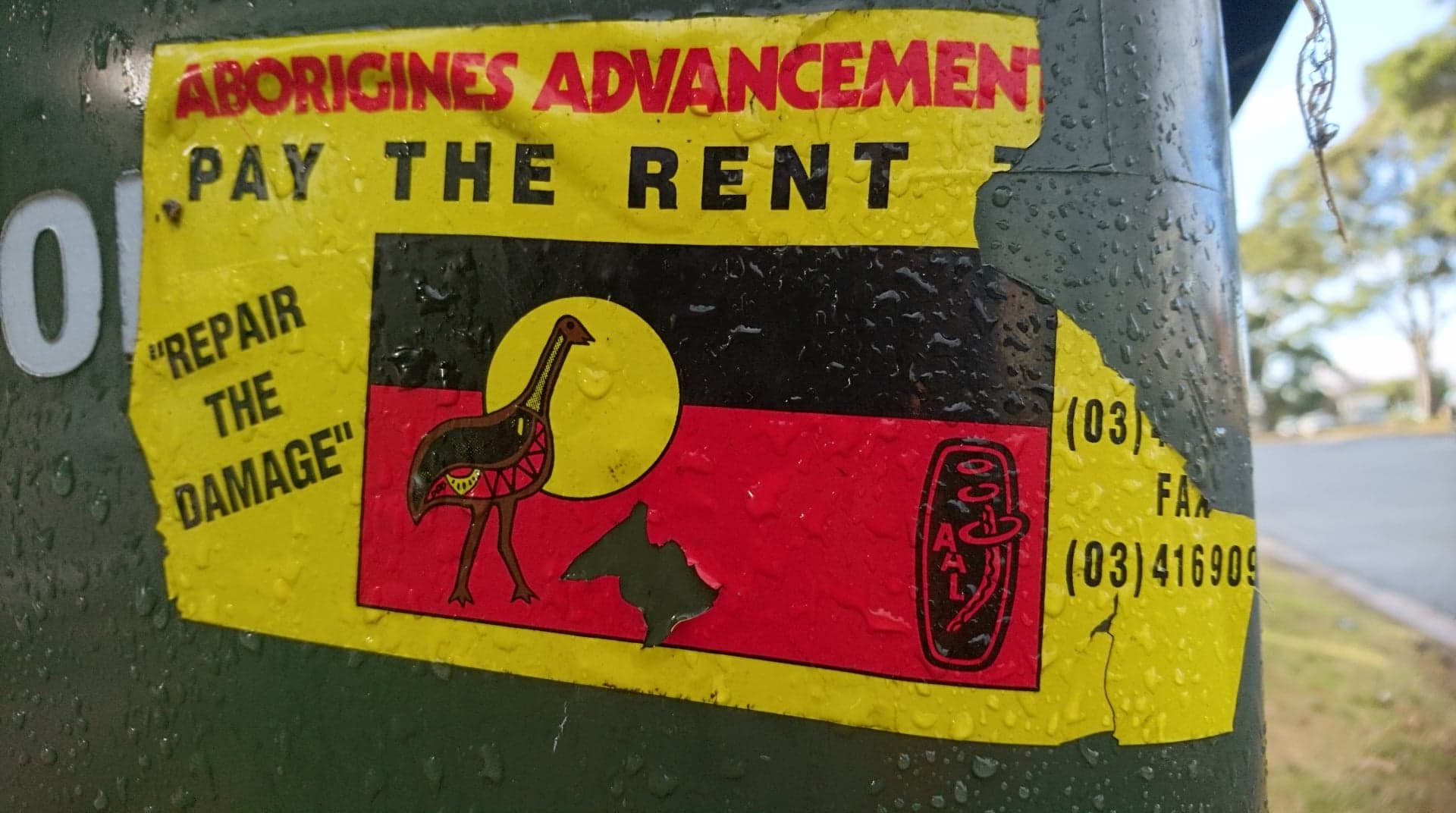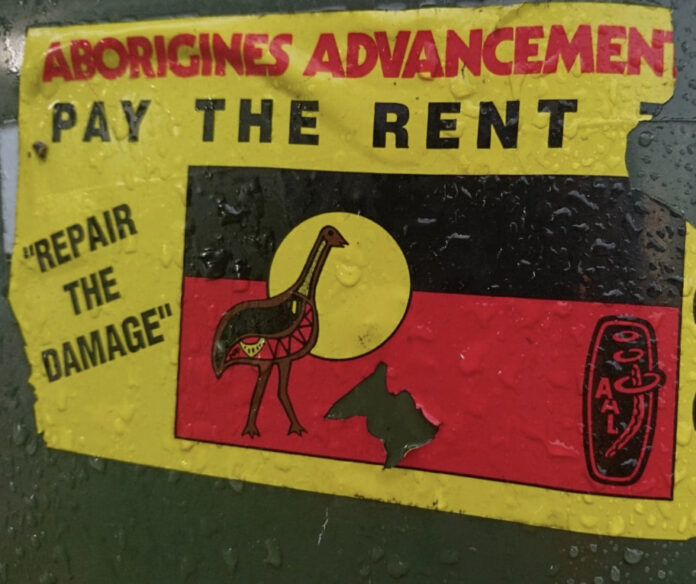 When I was a teenager back in the 1980’s one of things that impressed me about Liberalism was that it was prepared to debate issues. Controversial issues were regarded as controversial and they were debated, even on television. Back when everyone had a very limited choice about what they could watch.
When I was a teenager back in the 1980’s one of things that impressed me about Liberalism was that it was prepared to debate issues. Controversial issues were regarded as controversial and they were debated, even on television. Back when everyone had a very limited choice about what they could watch.
Even back then I noticed that there was real opposition to debating issues openly and honestly, I also noticed that the debates were biased. One side always seemed to get the better deal, yes the Left side. As I watched more I started to realise that these debates were not open and honest. They were instead a way of letting people know what the correct opinion was. A way of short circuiting any opposition – “look we gave this a fair hearing and it just couldn’t make its case, time to move on and get with the program”.
It was also a lesson to watch the men and women who ran these programs become increasingly sidelined as debate became unfashionable. In its place was something that Left-liberalism had been playing with for a while, sloganeering. Instead of having a debate or an argument you had a slogan. This way the rational part of the brain was bypassed and you could engage with the emotional part of the brain.
This was a big thing for Liberalism as it had always prided itself on its rationalism. Liberals championed the idea that their philosophy was logical and rational and that it was these factors that would lead to its inevitable triumph. Its opponents however, had always noticed its emotionalism. That it often sought to use emotions and to then claim that that was rationalism.
Since the 1960’s rationalism has been in decline, although it really declined from the 1990’s onwards. In its place were slogans and emotionalism. Arguments were required to counter the middle class and the institutions. Once they had largely been won over then they moved on to using a weapon that people find hard to fight. How do you fight a slogan?
“One man, one vote”
“Love is love”
“All men are equal”
“Equality between the sexes”
It is incredibly difficult because it is so light it can avoid any blow. A slogan becomes a mantra, something that can be said without any understanding of the issue and yet it gives the speaker the feeling of knowing everything. What else can there be to know?
A slogan appeals to the emotions, it bypasses the intellect, which is what gives it its strength. As the saying goes, you cannot argue someone out of a position they were never argued into.
Originally published at Upon Hope. You can find Mark’s Subscribestar here.










